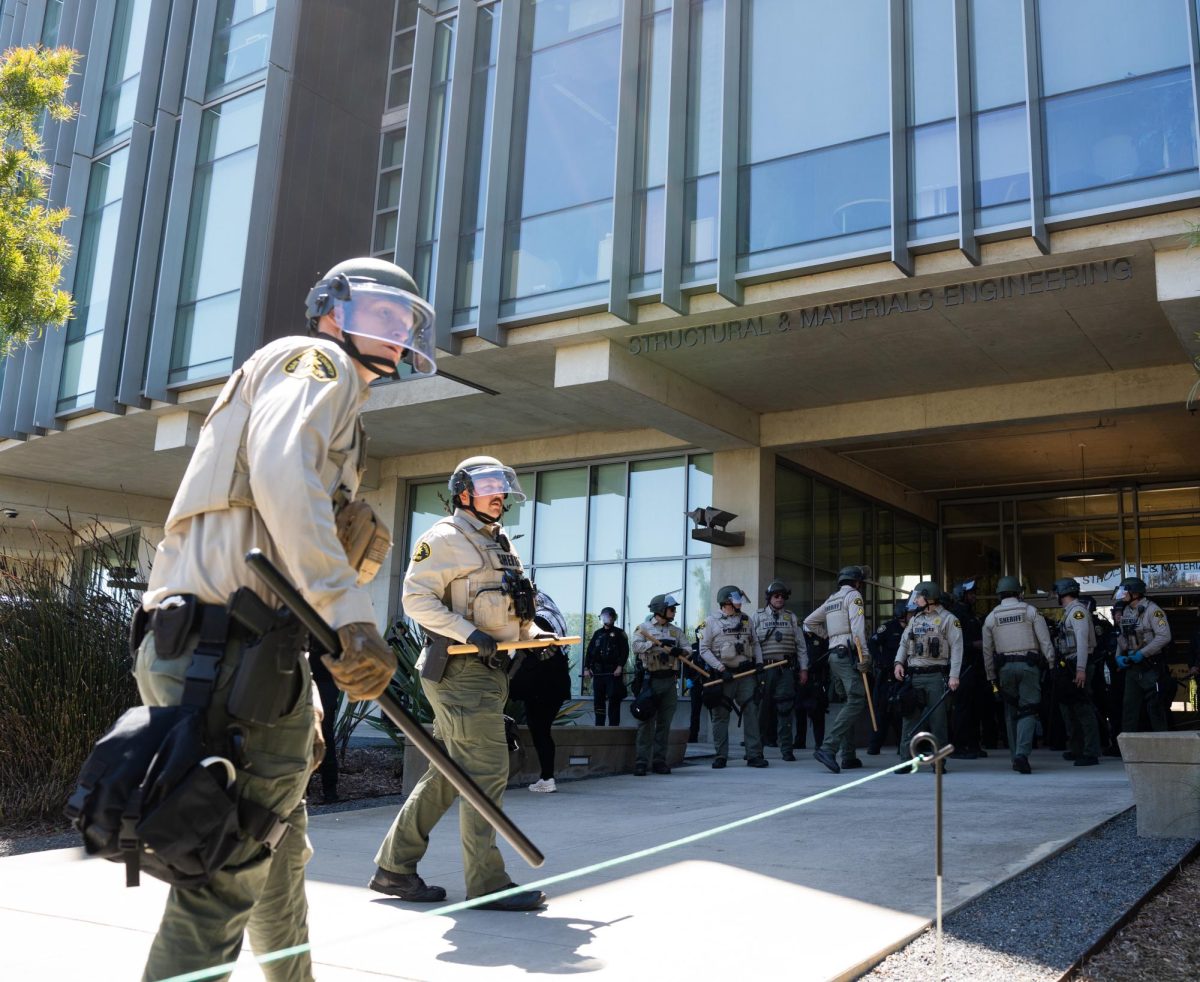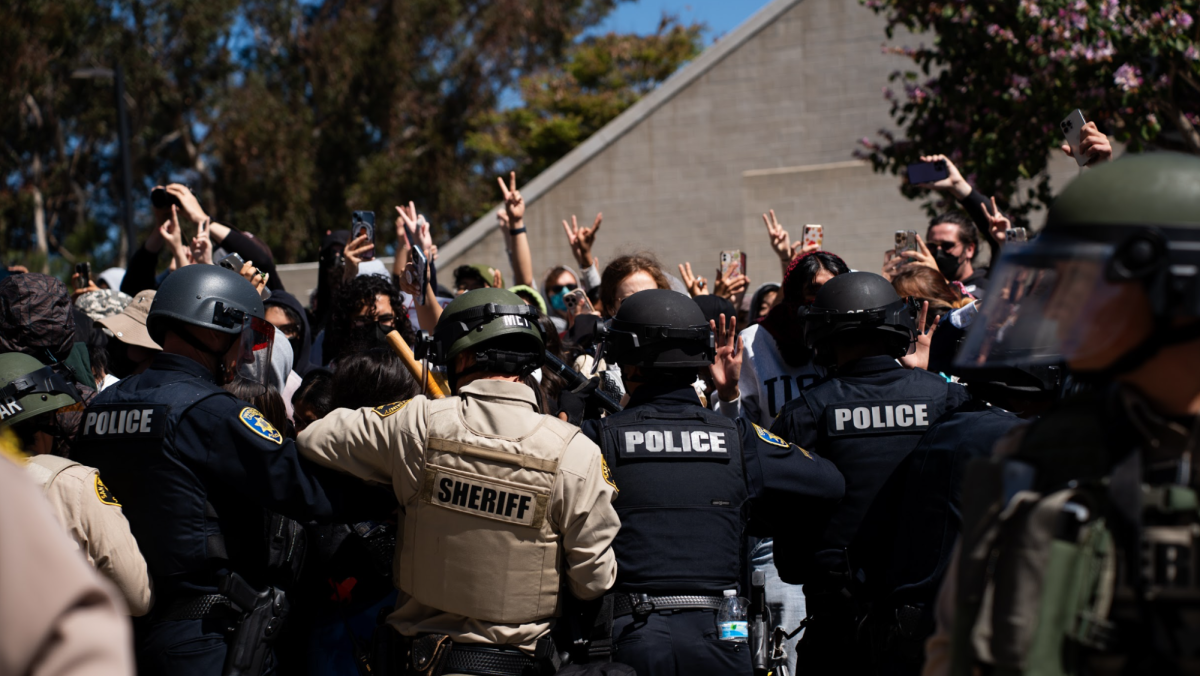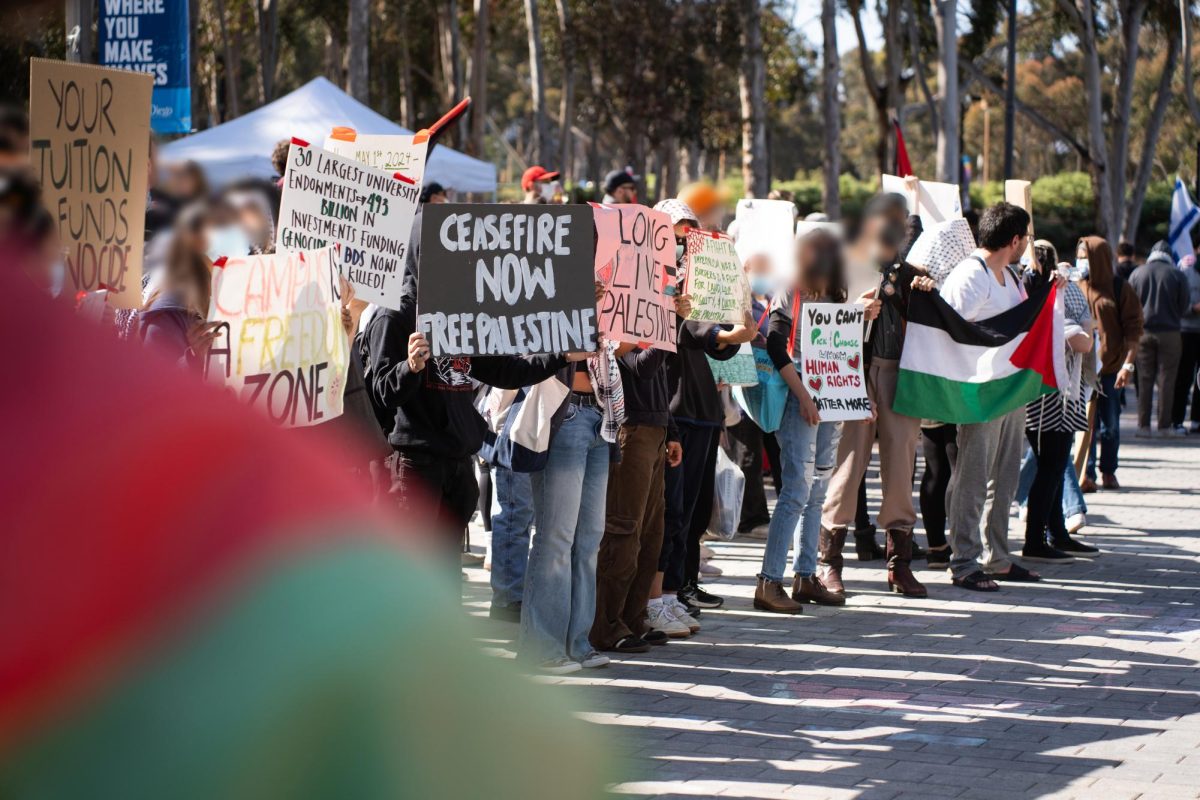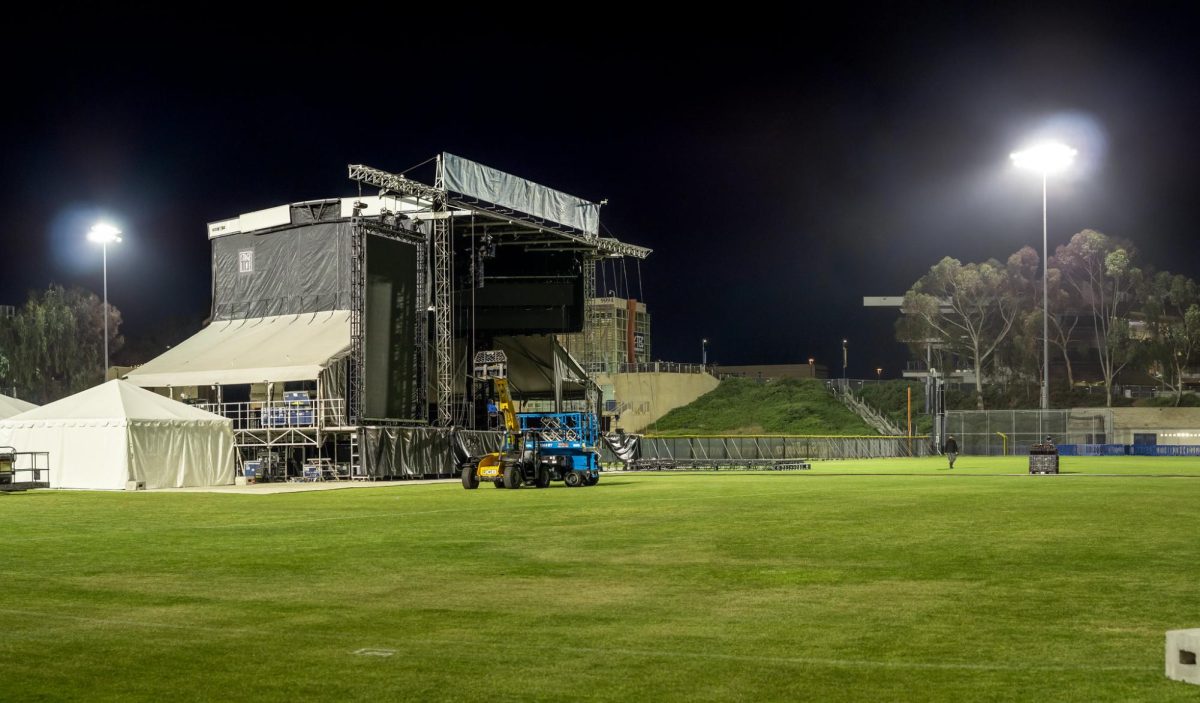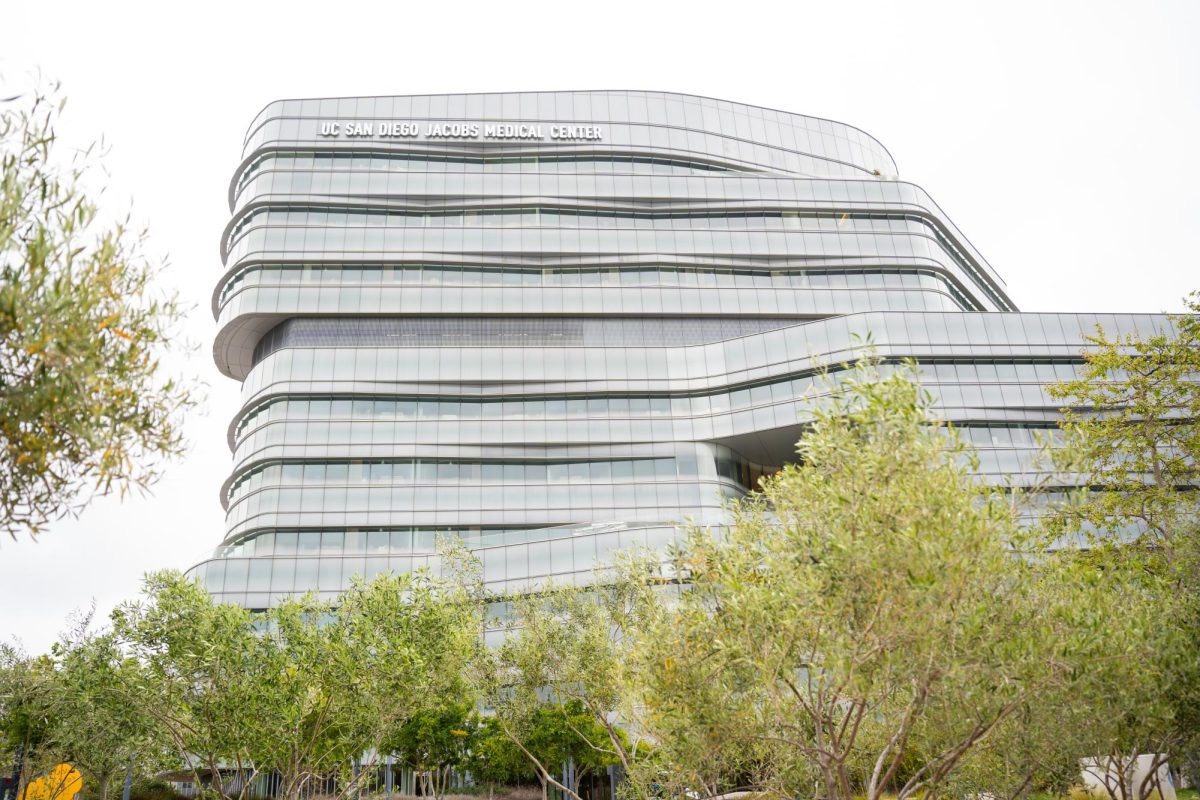
A team of doctors from the UCSD Medical Center returned from Haiti on Feb. 2 after spending two weeks providing medical relief to earthquake victims in Port-au-Prince.
After the magnitude-7.0 earthquake struck Port-au-Prince on Jan. 12, Haitian President Rene Preval pleaded for foreign aid for the three million Haitians affected by the disaster.
Dr. Christian Sloane, Dr. Colleen Buono and Dr. Sean Xavier-Neath — ER physicians from the UCSD Medical Center — answered the call as part of International Relief Team San Diego, a local disaster-relief program that has deployed 234 teams of volunteers to aid in disasters all over the world since 1988.
“It was a chance to help out in a nation that was already in poor conditions,” Sloane said. “The severity of the natural disaster called for a worldwide effort. “
Sloane and his colleagues treated thousands of patients in partially destroyed hospitals and tents, performing intensive surgeries and amputations and treating other injuries.
The influx of patients in the immediate aftermath of the earthquake overwhelmed the available medical care and equipment, much of which had been damaged by the quake.
According to Sloane, the destruction soon revealed itself to be worse than anything anyone had predicted. At the Haiti University Hospital in Port-au-Prince, Sloane and his colleagues were forced to treat patients without the help of resources such as running water, electricity, oxygen, an ICU unit and basic sanitation supplies.
“There was limited medical care, limited food and water,” Sloane said.
According to Sloane, even though the UCSD Medical Center donated many essential medical supplies and pharmaceuticals to the relief effort, these resources were quickly exhausted.
“The situation there was really rough,” Sloane said. “There was so much pain and suffering. [It was hard to see] young people dying from medical illnesses.”
In the first few days of their stay there, the doctors treated almost 200 patients a day. Many patients were treated for wounds that were days old. Fractures and infections developed into cases of gangrene and tetanus, requiring amputation.
Sloane said that patient access to medical care might have been hindered due to political strife between local administrations and foreign aid organizations.
“It was a politically hot topic,” Sloane said. “The administrator in the hospital wanted to be in control, but was ineffective in administering the hospital. It took five to six days of negotiating to allow NGOs to help work in the hospital.”
The power struggle prevented critically ill patients from receiving immediate treatment. According to Sloane, the tensions settled over time and outside doctors were allowed in.
Initially, foreign organizations assumed leadership roles and worked alongside Haitian professionals. As the relief teams trickled out though, Haitian doctors were re-integrated into the system and began assuming their original positions.
“The Haitians were very appreciative of the help the world gave,” Sloane said. “They understood the intensity of the situation, and were grateful for the support.”
Buono, whose five-year-old patient Monley Elize drew international media attention when he was rescued after spending eight days under rubble, said she is impressed with the way the Haitian people are handling the situation.
“These people are wonderful people — they are willing to help themselves — but we want to just give them that little bit of boost, because they’ve really been knocked back 10 steps by this earthquake,” Buono said.
Sloane agreed.
“Even with the pain and suffering, the Haitian people came across as very strong,” Sloane said.
Now, Haiti’s need has switched from emergency medical care to reconstruction. Many buildings were destroyed in the quake, leaving hundreds of thousands homeless.
Though Sloane has no immediate plans to return to Haiti, he said that the International Relief Team will be sending more teams to Haiti in the future.
Readers can contact Nisha Kurani at [email protected].


